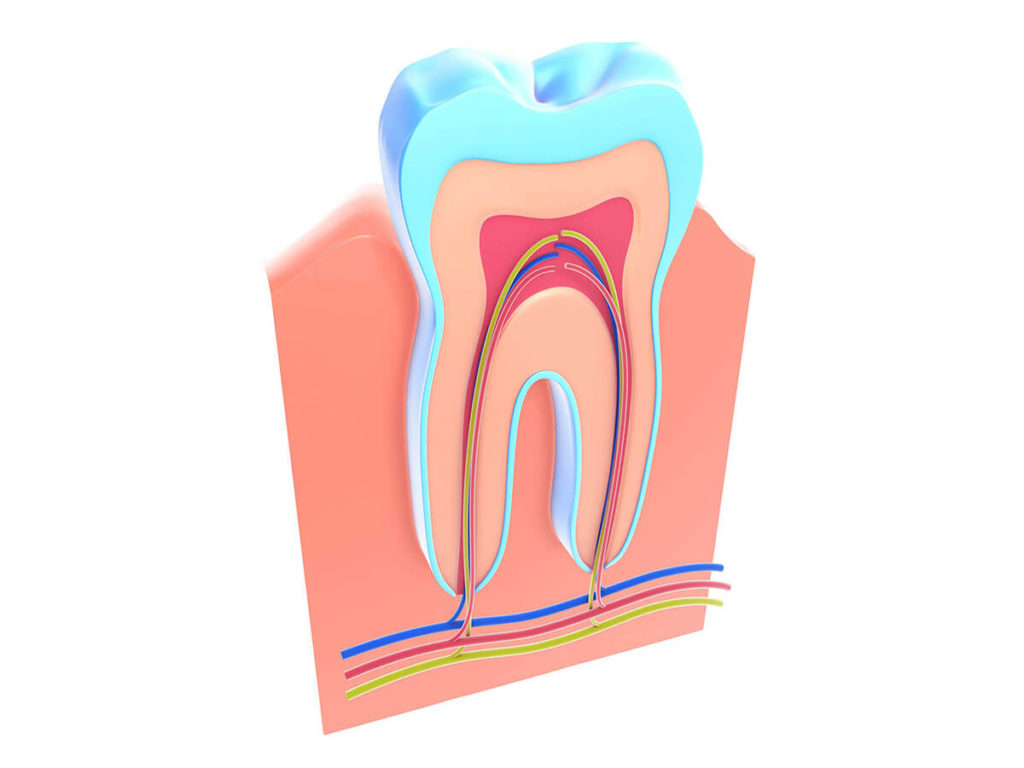Root Canal Treatment
Root canal treatment can save an infected tooth from otherwise certain extraction—it’s a proven procedure that will leave your mouth healthy and strong while restoring its natural appearance.
Root Canal Treatment
A tooth’s inner structure consists of a soft, delicate material called the pulp. This material is normally protected by the tough enamel and dentin that surround it; however, a potentially serious infection can occur if harmful bacteria are able to access the inside pulp. This happens occasionally due to deep cavities or unexpected injuries. If you don’t receive treatment, you could likely lose your tooth. Root canal treatment is a great solution to overcome a serious inner tooth infection.
If you need root canal treatment in Denver, NC, call Summit Family Dentistry for an appointment today.

-
How is root canal treatment performed?
Root canal treatment starts with digital X-rays to determine the extent of the damage. Then, after proper anesthesia, the dentist will comfortably access the tooth’s inner chamber. He or she will then carefully clean out the infectious material to leave the tooth as a hollowed-out structure. Then an antimicrobial liquid flushes out the root canals down to the jawbone. The tooth is then treated with a filling substance to fill the open canals and to help the tooth heal in a timely manner. To protect the tooth, a dental crown is placed over the structure to prevent fractures and breakages.
-
How do I know if my root canal is infected?
A patient suffering from an infected root canal will almost certainly recognize that there is something wrong. They will usually be in severe pain and will notice the following signs:
- Severe and intense toothaches that won’t go away
- Sensitivity to hot and cold foods and drinks
- Swollen and tender lymph nodes
- Recurring abscesses on the gums
-
How long does the pain from a root canal last?
There is a common misconception that root canals are very painful. The truth is, a root canal typically generates no more discomfort than a typical dental filling. The dentists always provides an anesthetic before the procedure to minimize any patient discomfort. There will likely be tenderness or sensitivity for a few days though as the root canal heals because the tissues around the gums could be swollen or agitated.
Questions About Root Canal Treatment?
If you have any questions about root canal treatment contact us or request an appointment. We also provide a variety of other preventative, restorative, and cosmetic dental services. What do you want to do next?


